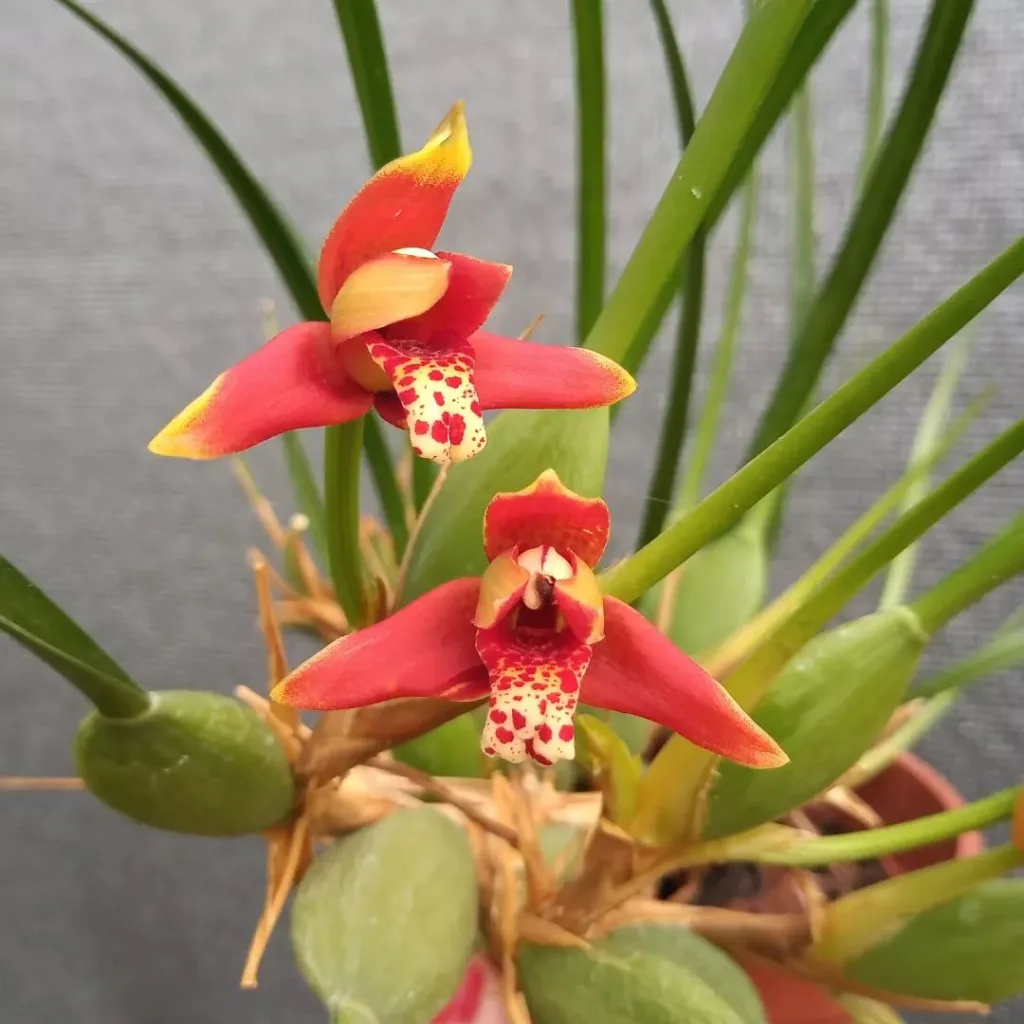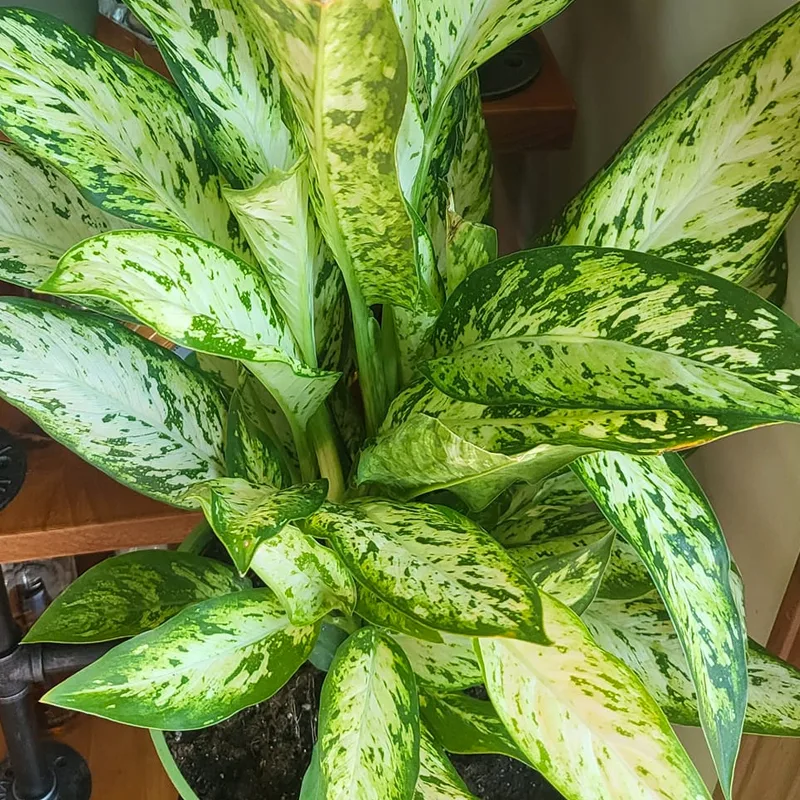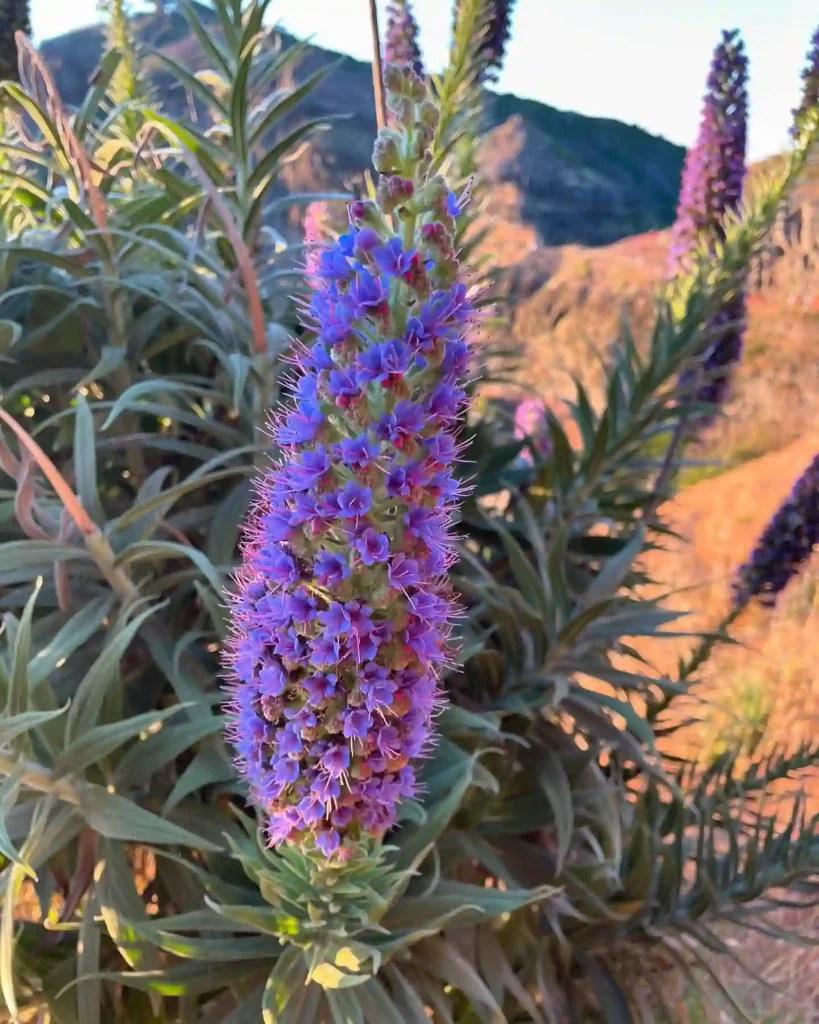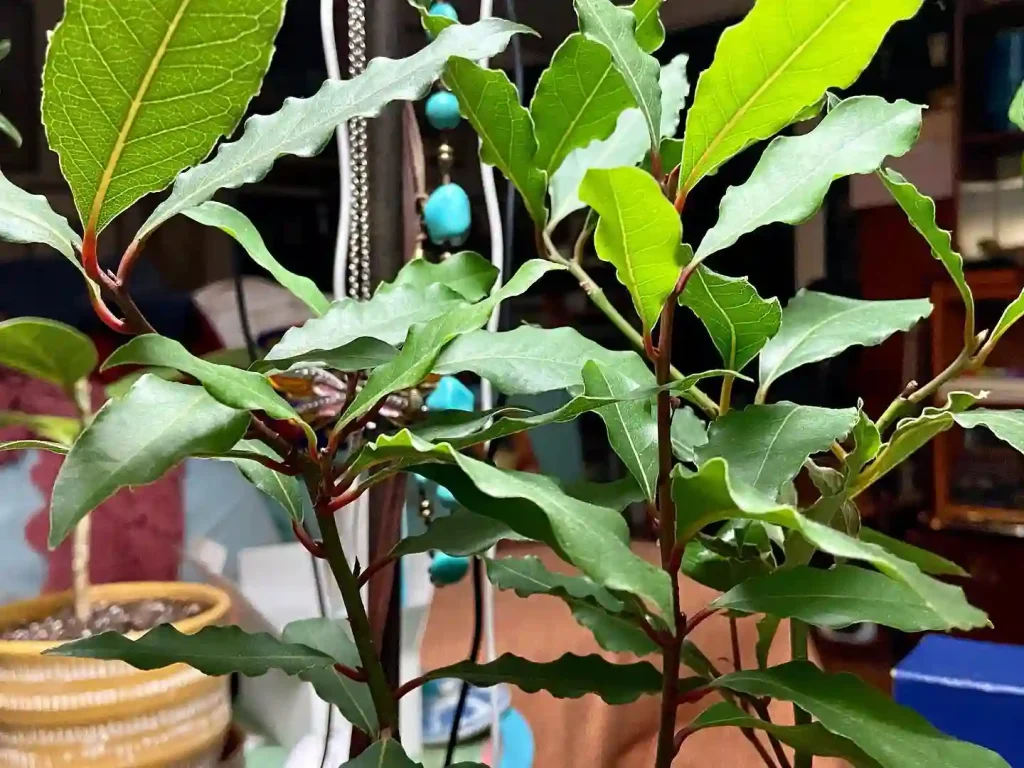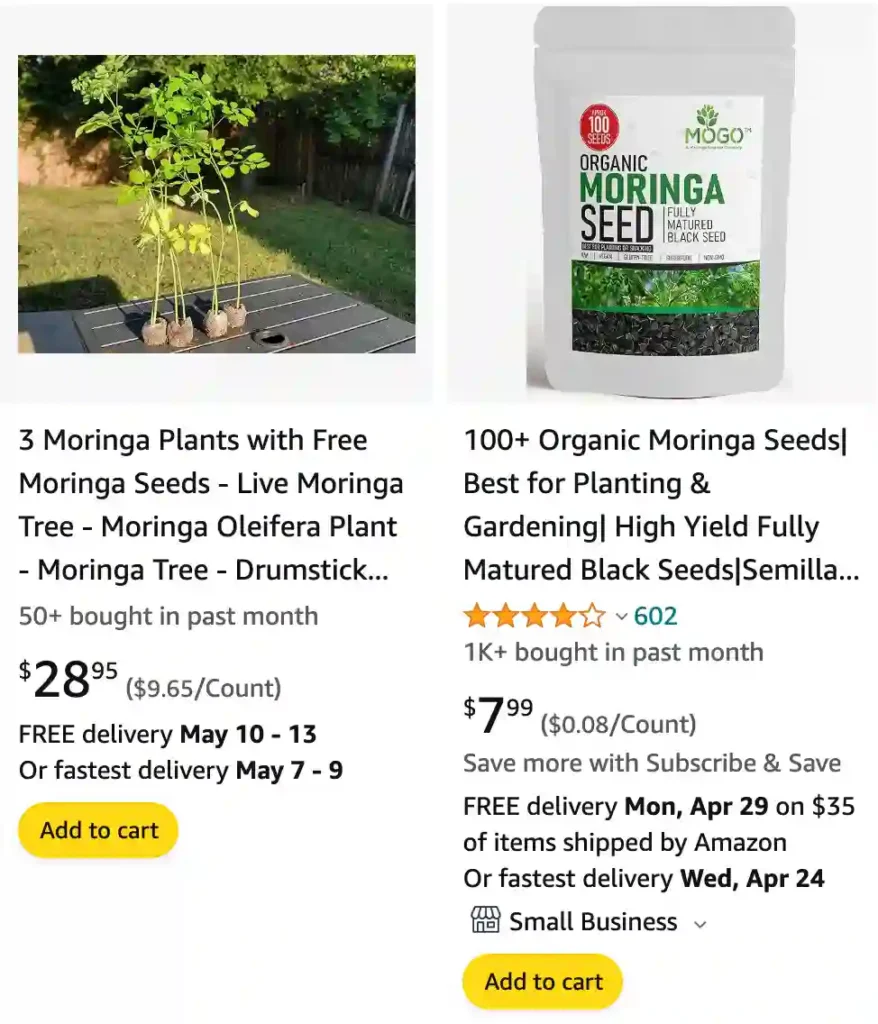
What is a moringa tree?
The moringa tree, also known as Moringa Oleifera, is a plant native to parts of Africa and Asia, though it’s now cultivated in various regions worldwide. It’s often referred to as the “miracle tree” or “drumstick tree” due to its numerous health benefits and uses. Personally, I’ve seen moringa trees during my travels in tropical countries, where they thrive in warm climates. They have distinctive long, slender pods resembling drumsticks, which contain seeds used for oil extraction. The leaves, flowers, and pods of the moringa tree are all edible and rich in nutrients, making them valuable additions to diets in areas where malnutrition is prevalent. I’ve also learned that moringa trees are highly resilient and can grow in diverse environments, which contributes to their popularity as a sustainable food source and as a tool for combating malnutrition and promoting food security.
What is moringa tea good for?
I’ve been drinking moringa tea for a while now, and I’ve honestly noticed a difference. My energy levels seem more stable throughout the day, especially compared to relying on coffee. I feel like it helps with some of the inflammation I experience as well, especially after workouts. Overall, I wouldn’t say it’s some miraculous cure-all, but it’s a nice, earthy tea that makes me feel good. I think the fact that it’s naturally packed with nutrients and antioxidants is probably the main reason I see an improvement in my wellbeing when I drink it consistently.
Does moringa have caffeine?
Nope, that’s one of the things I love about moringa tea! It’s completely caffeine-free, so I can have a cup in the evening without worrying about it keeping me up. I find it helps me wind down and relax after a long day, especially when I brew it with a bit of chamomile or lavender. If you’re trying to cut back on caffeine or enjoy a warm drink in the evening, it’s definitely worth trying.
How much moringa per day?
I typically consume about one to two teaspoons of moringa powder per day. I found this amount to be effective for me in terms of incorporating it into my diet without overpowering the taste of other foods or beverages. Initially, I experimented with different dosages to find what worked best for me, and I settled on this amount as it provided me with the desired health benefits without any adverse effects. Additionally, I find that spreading out the consumption throughout the day helps maintain consistent energy levels and overall well-being. Overall, I believe it’s important to listen to your body and adjust the dosage based on individual needs and preferences.
How to eat moringa seeds?
Eating moringa seeds can be a bit of a process, but it’s worth it for the nutritional benefits they offer. Personally, I’ve found that the easiest way to consume moringa seeds is to first remove them from the pods. Once removed, the seeds have a tough outer shell that needs to be cracked open to access the nutritious kernel inside. I’ve used a nutcracker or a mortar and pestle to crack the shells, being careful not to crush the kernels inside. After cracking them open, I simply eat the kernels raw or add them to salads, smoothies, or other dishes. Some people prefer to roast the seeds before consuming them, which can enhance their flavor. However, I find the raw seeds to be quite palatable and enjoy their slightly nutty taste. It’s important to note that while moringa seeds offer numerous health benefits, they should be consumed in moderation, as excessive intake may have laxative effects due to their high fiber content.
How to take moringa powder?
Taking moringa powder is quite simple and versatile, and I’ve found several ways to incorporate it into my daily routine. One of the easiest ways is to mix a teaspoon or two of moringa powder into a glass of water or juice. Personally, I enjoy adding it to my morning smoothies for an extra nutrient boost. Another option is to sprinkle the powder over salads, soups, or yogurt for a nutritious twist. Some people also like to blend it into salad dressings or sauces for added flavor and health benefits. Additionally, I’ve experimented with baking with moringa powder, adding it to muffin or pancake batter for a green superfood kick. Ultimately, there are countless ways to incorporate moringa powder into your diet, so I encourage experimenting to find what works best for you in terms of taste and convenience.
How to plant moringa seeds?
Planting moringa seeds is a straightforward process that begins with selecting a suitable location for planting. Personally, I’ve chosen a spot with well-draining soil and plenty of sunlight. To prepare the planting area, I’ve loosened the soil and removed any debris or weeds. Next, I’ve dug a hole about twice the size of the moringa seed and filled it with a mixture of compost and soil to provide nutrients for the seedling. Then, I’ve placed the seed in the hole, covering it lightly with soil and gently patting it down. It’s important to water the newly planted seed regularly, keeping the soil consistently moist but not waterlogged. With patience and care, the moringa seed should germinate within one to two weeks, and the seedling will begin to grow. As the seedling matures, I’ve provided support with stakes if needed and continued to water and fertilize as necessary to promote healthy growth. Overall, planting moringa seeds is a rewarding experience that can lead to the establishment of a thriving moringa tree in your garden or outdoor space.
Where to buy moringa?
You can find moringa products in various places, both online and in physical stores. Personally, I’ve found a wide selection of moringa products at health food stores and specialty grocery stores in my area. These stores often carry items like moringa powder, capsules, teas, and even moringa-infused skincare products. If you prefer shopping online, there are numerous websites and online marketplaces where you can purchase moringa products from reputable sellers. I’ve had success finding high-quality moringa powder and supplements on websites dedicated to health and wellness, as well as on e-commerce platforms like Amazon. When purchasing moringa products, I always make sure to read reviews and check the product’s certifications to ensure its quality and authenticity. Additionally, if you have access to local farmers’ markets or co-ops, you may be able to find fresh moringa leaves or pods directly from growers in your area. Overall, there are plenty of options for purchasing moringa, so you can choose the one that best fits your preferences and needs.
How long does it take for moringa to start working?
The time it takes for moringa to start working can vary depending on individual factors such as metabolism, overall health, and the specific health goals you’re aiming to achieve. In my experience, some people may notice subtle changes in their energy levels or digestion shortly after incorporating moringa into their daily routine, while others may take longer to experience noticeable effects. For example, I’ve noticed improvements in my energy levels and overall well-being within a few days of regularly consuming moringa powder in my smoothies. However, for more significant health benefits such as immune support or improved skin health, it may take several weeks or even months of consistent use to see noticeable results. It’s important to remember that moringa is not a quick fix, but rather a natural supplement that works gradually to support overall health and well-being. Consistency is key, so I recommend incorporating moringa into your daily routine and giving it time to work its magic.
Is moringa safe during pregnancy?
While moringa is generally considered safe for most people when consumed in moderate amounts, including during pregnancy, it’s always a good idea to consult with a healthcare provider before adding any new supplement to your routine, especially during pregnancy. In my experience, some studies suggest that moringa may have potential benefits for pregnant women due to its rich nutrient content, including vitamins, minerals, and antioxidants. However, there is limited research on the safety of moringa specifically during pregnancy, so it’s important to err on the side of caution and seek guidance from a qualified healthcare professional. They can provide personalized advice based on your individual health status and pregnancy needs to ensure the safety and well-being of both you and your baby.
What are the 92 nutrients in moringa?
Moringa is often touted as a nutrient-rich superfood, but it doesn’t contain exactly 92 different nutrients. However, it is exceptionally rich in a wide array of vitamins, minerals, and antioxidants that contribute to its health benefits. Some of the key nutrients found in moringa include vitamin A, vitamin C, vitamin E, vitamin K, B vitamins (including B1, B2, B3, B6, and B9), calcium, potassium, iron, magnesium, phosphorus, and zinc. Additionally, moringa contains amino acids, antioxidants such as quercetin and chlorogenic acid, and beneficial plant compounds like flavonoids and phenolics. While it may not have precisely 92 different nutrients, moringa’s impressive nutritional profile makes it a valuable addition to a healthy diet.
What does moringa smell like?
Moringa has a distinct, earthy aroma with subtle hints of bitterness. When you open a bag of moringa powder or dried leaves, you’ll likely notice a grassy, slightly herbal scent reminiscent of freshly cut grass or green tea. Some people also describe the smell as slightly nutty or earthy. Personally, I find the scent of moringa to be pleasant and refreshing, especially when incorporated into smoothies or other beverages. However, the aroma can vary slightly depending on factors such as the freshness and quality of the moringa product. Overall, while moringa may not have a strong or overpowering scent, its unique aroma adds to its appeal as a nutritious and versatile superfood.
Does moringa help sexually in woman?
Moringa is often praised for its potential health benefits, including its ability to support overall well-being and vitality. While some people believe that moringa may have positive effects on sexual health, particularly in women, scientific evidence supporting these claims is limited. However, moringa is rich in nutrients, antioxidants, and bioactive compounds that can contribute to overall health, which may indirectly support sexual function. For example, maintaining a balanced diet rich in essential vitamins and minerals is important for overall health, including sexual health. Additionally, antioxidants found in moringa may help reduce oxidative stress and inflammation, which can have positive effects on various aspects of health, including sexual function. Ultimately, while moringa may be a nutritious addition to a healthy lifestyle, it’s essential to approach any claims about its effects on sexual health with caution and to prioritize overall well-being through balanced nutrition, regular exercise, and medical advice when needed.
How to make moringa oil?
Making moringa oil at home involves a few simple steps, and you can use either moringa seeds or moringa leaves to extract the oil. Here’s a basic method for making moringa oil from seeds:
- Gather fresh moringa seeds: Start by collecting mature moringa seeds from the pods. Make sure the seeds are clean and free from any debris.
- Remove the shells: Crack open the outer shells of the moringa seeds to extract the kernels inside. You can use a nutcracker or a mortar and pestle for this step.
- Dry the kernels: Spread the moringa kernels out on a clean, dry surface and allow them to air dry for a few days. Make sure they are completely dry before proceeding to the next step.
- Grind the kernels: Once the kernels are dry, grind them into a fine powder using a food processor or a mortar and pestle.
- Extract the oil: Place the ground moringa powder in a clean, dry jar or container. Add a carrier oil of your choice, such as coconut oil or olive oil, to cover the powder completely. Seal the jar tightly and let it sit in a warm, sunny spot for about 1-2 weeks, shaking it occasionally.
- Strain the oil: After the moringa powder has infused into the carrier oil for a couple of weeks, strain the mixture through a fine sieve or cheesecloth to remove any remaining particles. You should be left with pure moringa oil.
- Store the oil: Transfer the strained moringa oil into a clean, airtight container and store it in a cool, dark place away from direct sunlight. Properly stored, moringa oil can last for several months.
Alternatively, you can use a cold-press method to extract moringa oil from the seeds, which involves pressing the seeds to release the oil without the use of heat. This method preserves more of the oil’s nutrients, but it requires special equipment such as a cold-press oil extractor. If you’re using moringa leaves instead of seeds, you can follow a similar process to extract oil, but you’ll need to dry and crush the leaves before adding them to the carrier oil. Keep in mind that making moringa oil at home can be time-consuming and may yield small quantities, so you may prefer to purchase moringa oil from a reputable supplier if you need larger quantities.
Does moringa contain caffeine?
No, moringa does not contain caffeine. While it is often referred to as a “superfood” due to its rich nutrient profile, including vitamins, minerals, and antioxidants, moringa does not naturally contain caffeine. This makes it a popular choice for those looking to boost energy levels without consuming caffeine, making it suitable for individuals who are sensitive to caffeine or prefer to avoid it altogether. Instead of caffeine, moringa provides a natural energy boost through its nutrient content, which can help support overall well-being and vitality.
Does moringa help you lose weight?
Moringa is often promoted as a weight loss aid due to its potential to support various aspects of health and well-being. While there is some evidence to suggest that moringa may have beneficial effects on weight management, such as reducing inflammation, improving metabolism, and supporting digestion, it’s essential to approach these claims with caution.
Moringa alone is unlikely to cause significant weight loss without accompanying lifestyle changes such as a balanced diet and regular exercise. However, incorporating moringa into a healthy lifestyle may complement weight loss efforts by providing essential nutrients, promoting satiety, and supporting overall health. Additionally, some people find that moringa helps curb cravings or provides an energy boost, which can aid in adherence to a weight loss plan.
Ultimately, while moringa may offer potential benefits for weight management as part of a holistic approach to health, it’s important to consult with a healthcare professional before making any significant dietary changes or starting a new supplement regimen, especially if you have underlying health conditions or concerns.
